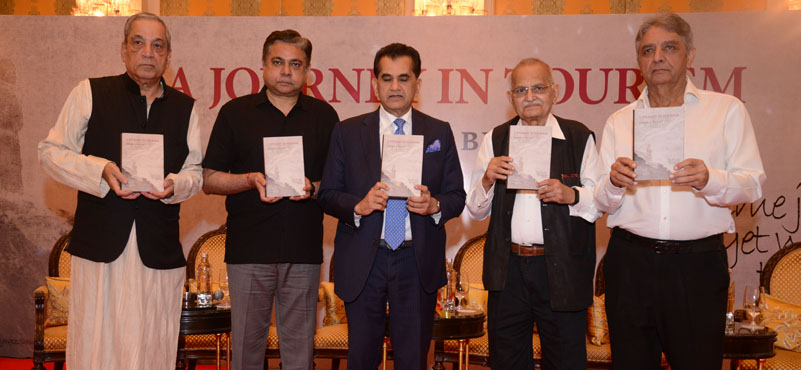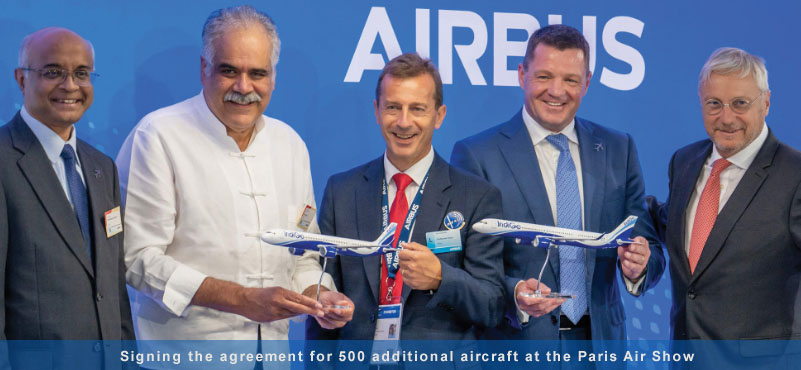It is too early to assess the impact of the soon to be rolled-out GST (Goods and Service Tax). However, industry stakeholders have expressed concern over proposed slab rates for hotels, restaurants and travel. They fear that this move could make India an expensive destination for travel and tourism, making it uncompetitive in the marketplace.
The much-anticipated GST (Goods and Services Tax) is now tantalizingly close to the roll-out. While the July deadline for switching to GST appears distant, for now, but the GST Council has addressed crucial issues by fixing rate slabs and levies for goods and service, making the new finance regime only a few steps away from formal introduction.
Under the new rate regime, four tax slabs – 5%, 12%, 18% and 28% have been put in place for services, including insurance, hotels and restaurants.
Luxury travel and accommodation is expected to become dearer, as five-star hotels will be taxed at 28%. Furthermore, those charging a per-day tariff of up to rupees 2000 will be shelling out 12% tax and hotels charging between rupees 2500 to 5000 will pay 18%. Hotels and lodges charging a per-day tariff of rupees 1000 will be exempted from GST. While the actual impact of the long-awaited tax reform remains to be seen, there have been immediate reactions from the industry, demanding re-consideration by the government and the GST Council.
Reacting to the development, Achin Khanna, Managing Director, Consulting and Valuation Practice, HVS was quoted saying that levying 28 percent tax on luxury and five-star hotels was myopic. “Hotels charging more than rupees 5,000 do not automatically mean they are a luxury hotel or catering to want based travel,” he said to a national daily.
Expressing his disappointment, National Restaurant Association of India (NRAI) President Riyaaz Amlani said “while we applaud the government’s effort to keep GST at 5 per cent for restaurants below 50 lacs and 12 per cent for restaurants without AC. We are disappointed with the high GST slab of 18 per cent for organised restaurants and 28 per cent for 5 star restaurants. This will not go a long way to promote tourism and tourism related jobs.”
Ritesh Agarwal, Founder and CEO, OYO, however, expressed satisfaction over the new rate slab, noting “we welcome this step by the Government. A lower tax rate for budget hotels sector will ensure that the industry’s quality upgrade continues while delivering standardized accommodation to millions of middle-class travellers. This will also save and create thousands of new jobs which could have been impacted under higher tax-rates.”
He added that hotels were the single biggest contributor to tourism industry which accounted for 7.5 per cent of the GDP. “The move will boost revenue from Travel & Tourism sector for the next many years. The industry is expected to contribute 280 billion dollars to the GDP by 2026 and will pass on benefits of uniform taxation across the country to travellers. I would also like to thank the hundreds of people who worked behind-the-scenes to ensure that concerns and representations of budget hoteliers were heard at the highest levels of government. From FICCI which activated regional chapters to sensitize stakeholders, to our partner hoteliers across 16 states, and friends in the media who championed this cause – this outcome wouldn’t have been possible without their tireless efforts,” said the CEO.
Sharing his insight on the move, Alok Tandon, CEO, INOX Leisure Ltd was quoted saying “the Indian cinema industry has been taxed as a vice by a host of regulatory bodies including local, state and central authorities at extremely high rates which have stunted the growth of the industry.” He expressed hope that subsuming all taxes under GST will ease the pressure on the industry and allow it to grow to its full potential.
Bird’s eye view of the likely impact
- Makes going to five-star hotels expensive.
- India’s competitiveness in the hospitality and tourism could take a beating. Taxes in neighbouring Southeast Asian like Malaysia, Thailand are generally in the 5-10% bracket. Travel and tourism into India will become dearer.
- Experts feel that domestic consumption may go up which will be encouraged by more people coming into the tax net.
Domestic tourism could further strengthen. Lower inflation rates and rising disposable incomes could fuel more travel




































